As the modern age accelerates, the synergy of financial systems, technology, intelligence, and health is redefining how we thrive. These domains, once seen as separate, are now inextricably linked, creating new dimensions for individuals, businesses, and governments alike.
How Finance is Adapting to Technology
The financial industry has undergone a substantial transformation due to advancements in technology. Traditional banking systems are now being challenged by blockchain solutions.
Mobile payment systems like Google Pay are becoming mainstream payment options, reducing the need for in-person transactions. Additionally, the emergence of cryptocurrencies such as Solana has opened new avenues for investment and trade.
Smart contracts, powered by distributed ledger technology, are revolutionizing the way we handle agreements. These contracts execute automatically once conditions are met, minimizing the need for third parties.
Bridging the Gap Between Technology and Wellbeing
Modern tech is not only reshaping the financial landscape but also advancing the healthcare sector. Through wearable devices like health trackers, individuals can now monitor their sleep patterns in real time.
Virtual healthcare has become widely accepted, especially after the COVID-19 pandemic. Patients can consult with doctors without having to visit hospitals physically, thus saving time and reducing exposure.
On the financial side, technology has also enabled real-time data analytics. Smart trading bots offer customized investment strategies based on individual risk profiles.
Smarter Solutions for a Smarter World
Machine Learning (ML) is at the center of this digital shift. In banking, AI is used to analyze spending behavior with incredible accuracy.
As an example, credit scoring models that once relied on basic metrics now use AI to assess a person’s financial behavior using real-time data sources. Bayar4D Login ensures more accurate lending practices.
In medicine, AI is driving medical diagnostics. Tools like Google Health AI can process vast amounts of medical data to suggest treatments faster than any human doctor.
Using Tech to Improve Personal Health
Information is a crucial asset in today’s world. Through wearables, individuals can manage their health metrics to prevent diseases rather than treat them.
Apps like Headspace promote healthier living through guided meditation. These technologies also integrate with insurance companies to offer rewards for healthier lifestyles, linking financial benefits directly to well-being.
Digital medical records ensure seamless communication between doctors, specialists, and patients. This not only improves the speed of diagnosis but also reduces the chances of medical errors.
The Dark Side of Integration
Despite the potential, the fusion of these fields also brings challenges. Privacy issues are becoming more common as sensitive data is stored online.
AI bias in both financial lending and healthcare recommendations can lead to exclusion. It’s crucial that AI models are trained on inclusive datasets.
Furthermore, the technological inequality means that not everyone can benefit from these advancements. Policies must ensure that low-income communities are not left behind.
What the Future Holds
Looking to the future, the fusion of finance, technology, intelligence, and health will continue to accelerate. Blockchain may enable new forms of personalized medicine.
Governments and corporations will need to collaborate on frameworks to ensure ethical use of these technologies. Education and digital literacy will also play a key role in helping the population adapt to these changes.
Ultimately, the blend of finance, tech, AI, and health is not just a trend—it’s the foundation of our future. Those who understand and embrace this evolution will be better prepared for the opportunities ahead.
A Deep Dive into the Integration of Finance, Technology, Intelligence, and Health
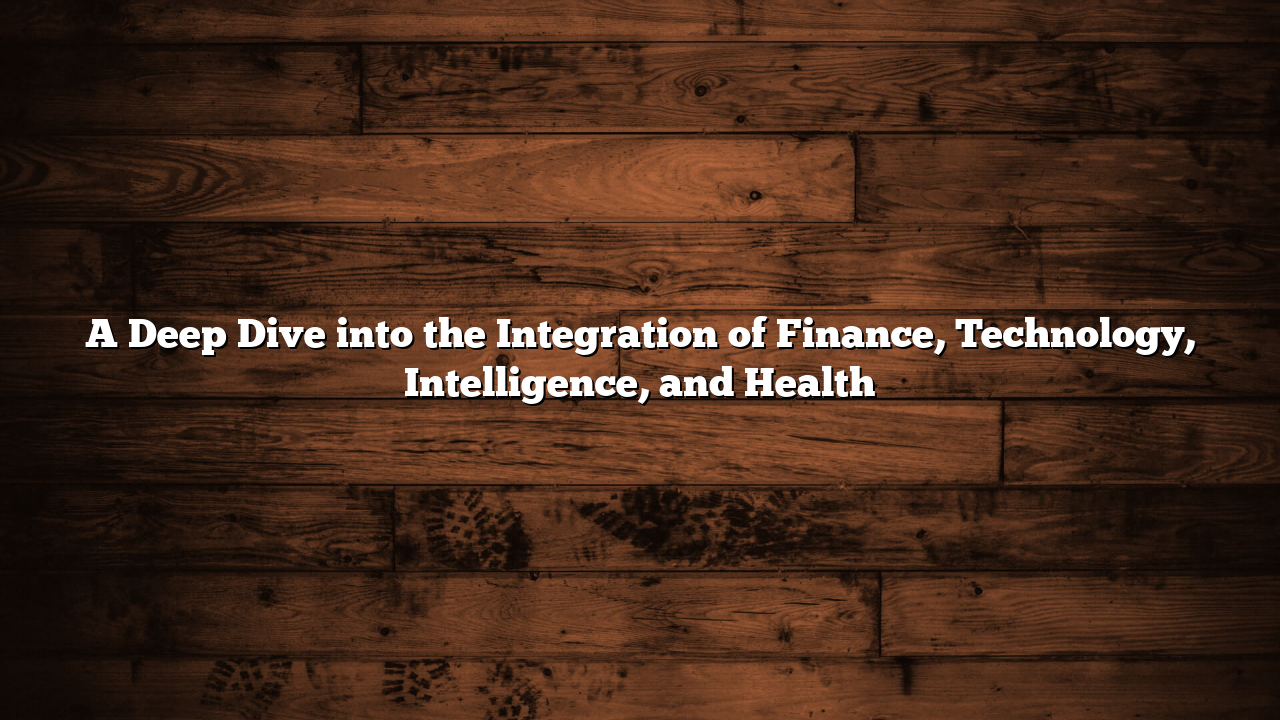
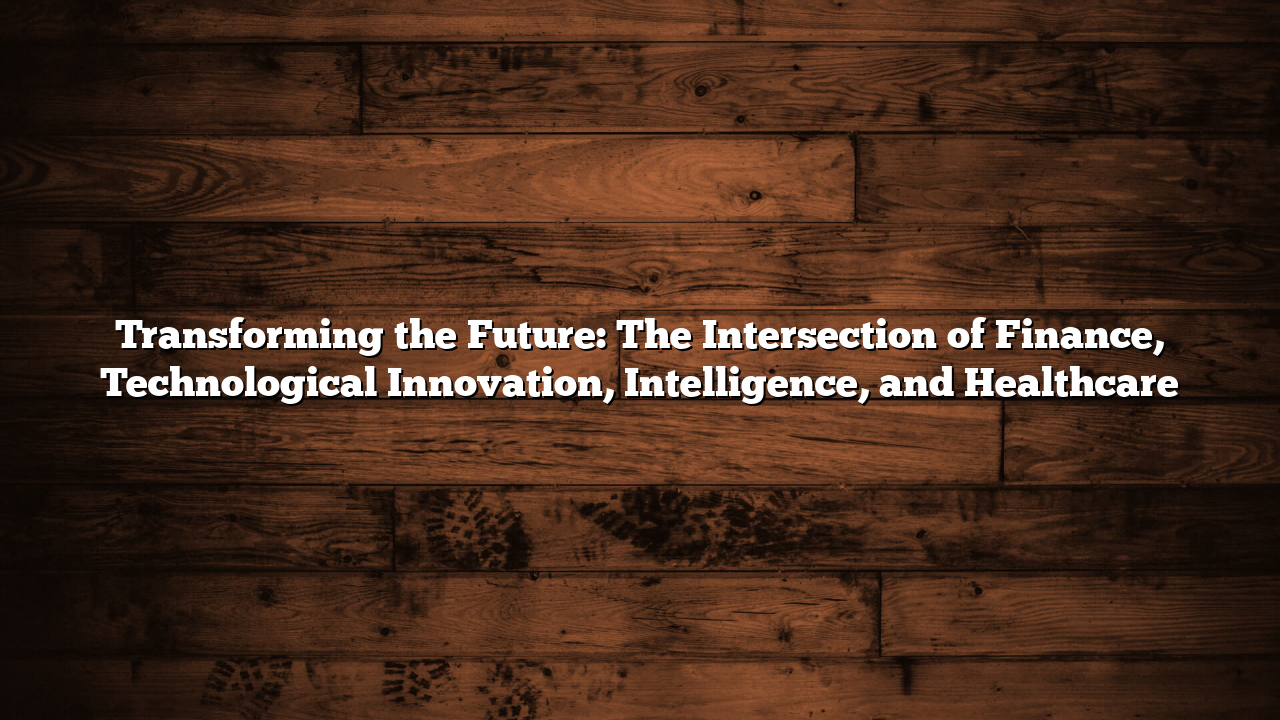
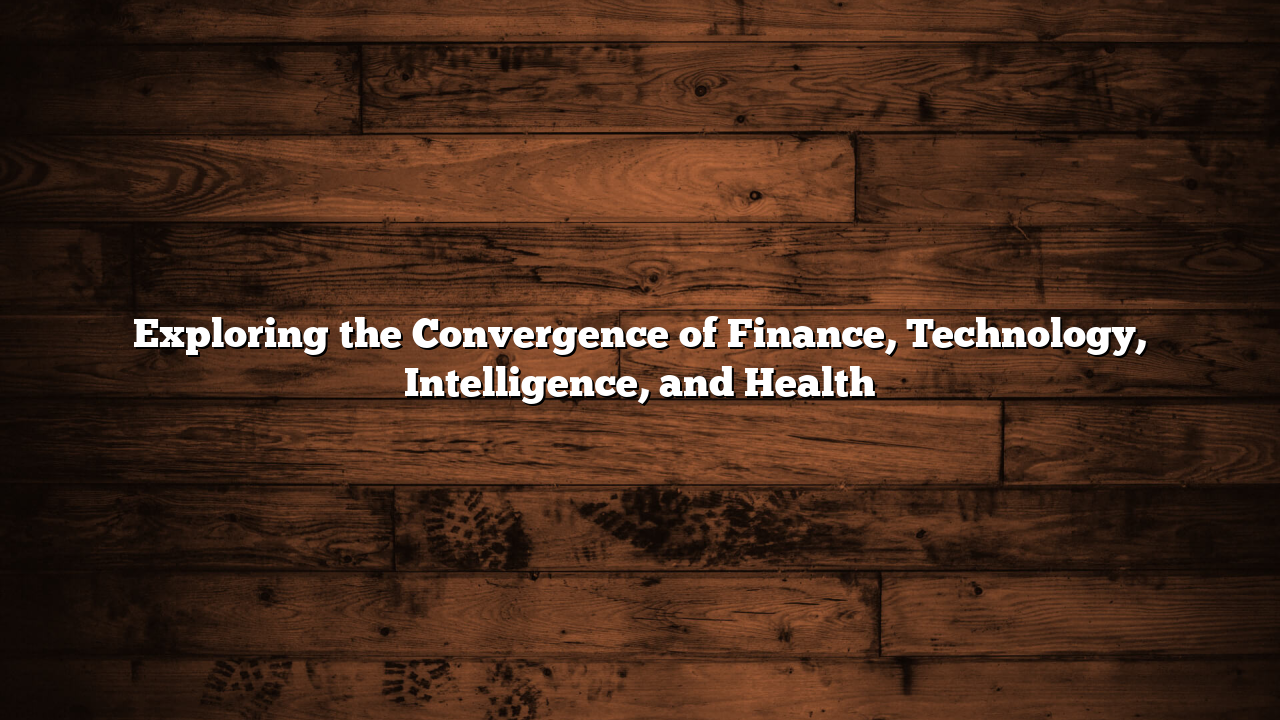
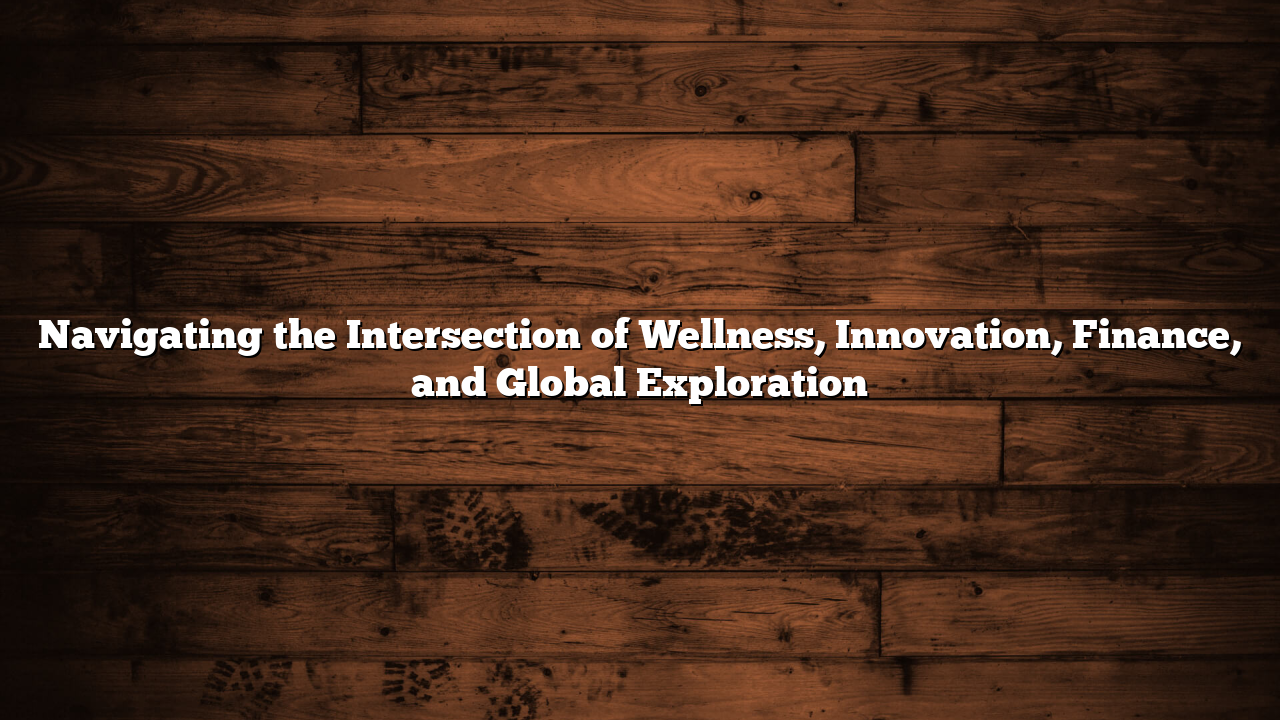
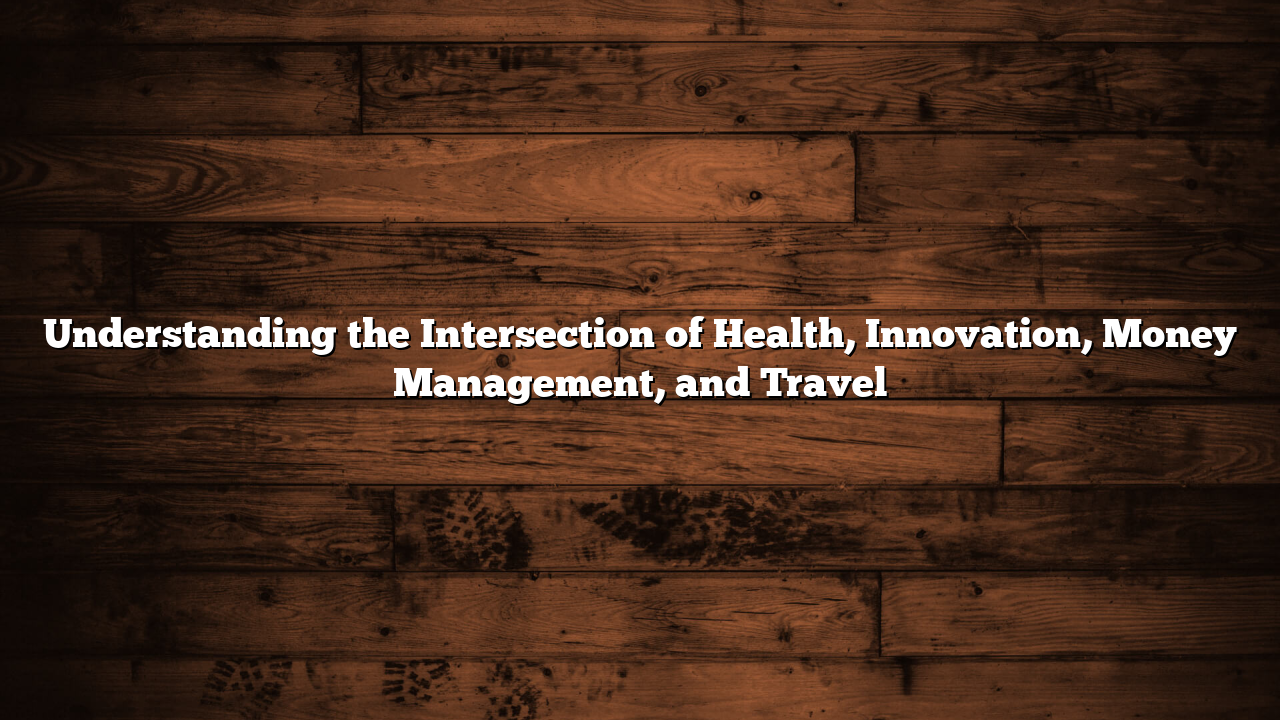
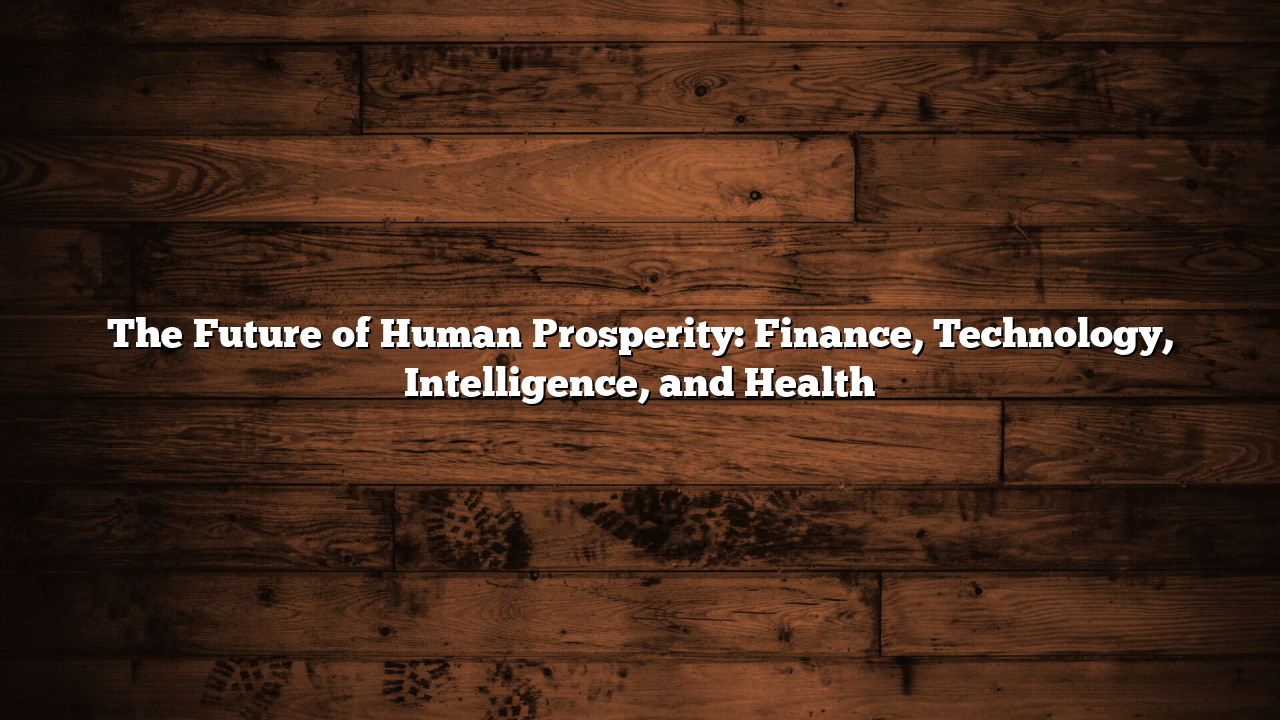
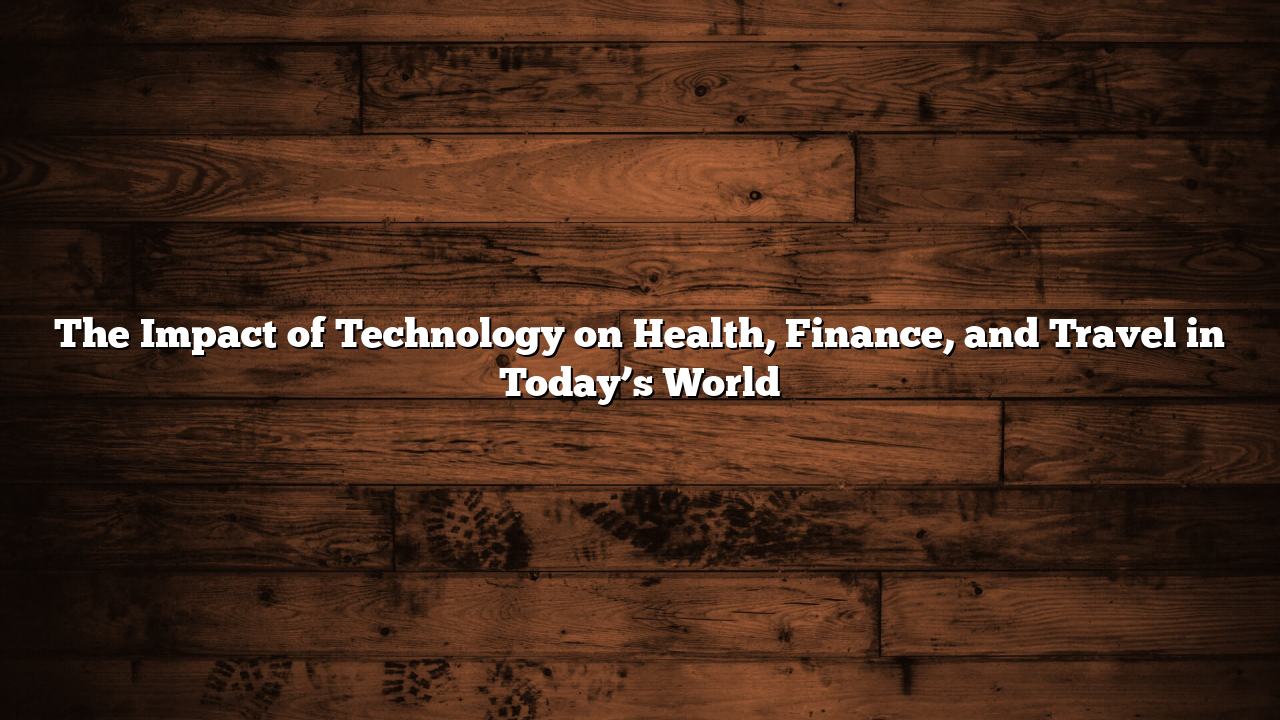
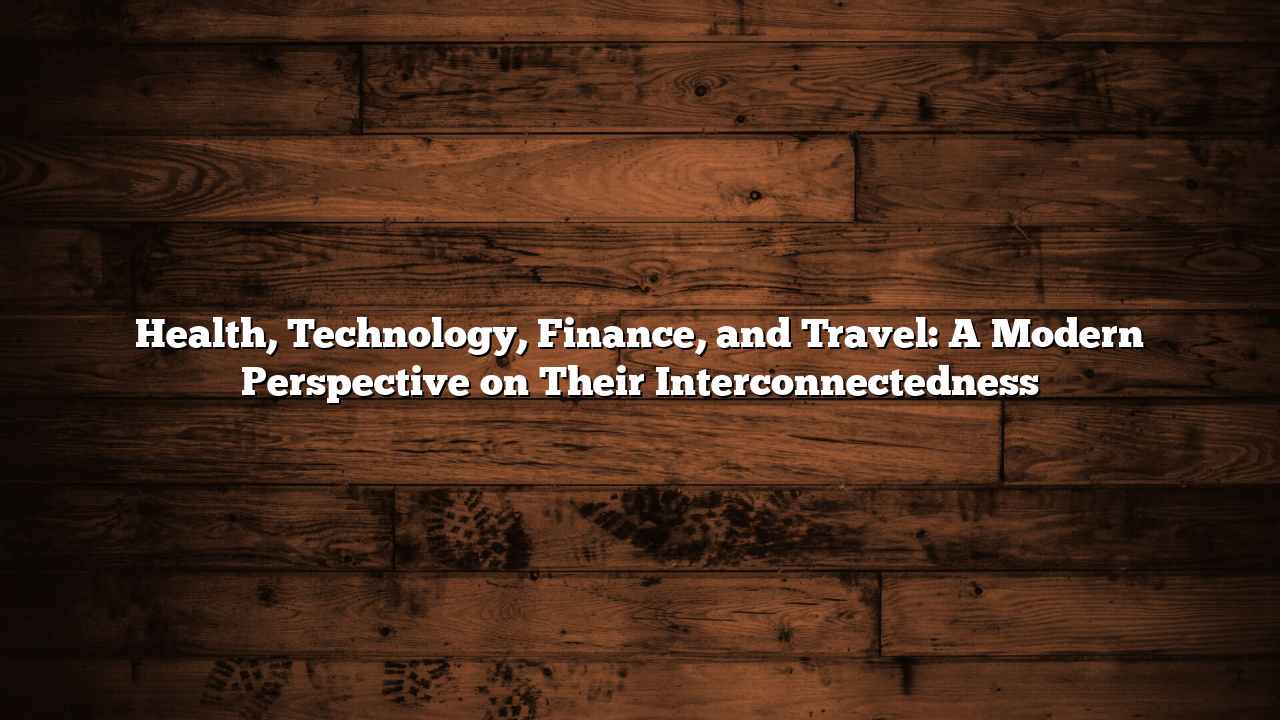


Leave a Reply